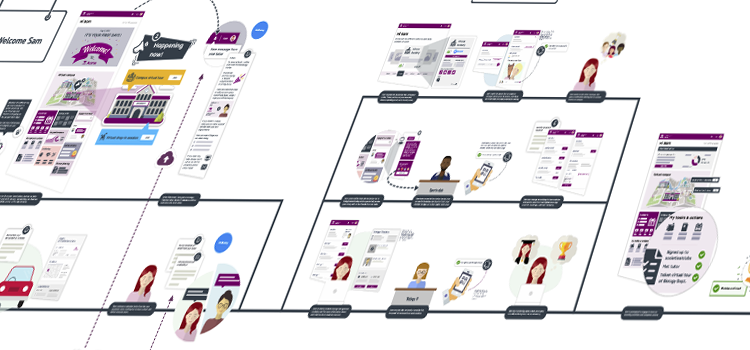Building the foundations for tackling sexual misconduct is critical to success
Supporting more than 70 higher education institutions, national sexual violence and safeguarding organisation, LimeCulture, discusses how to better prevent and respond to sexual misconduct.

Over the last decade, significant action has been taken to tackle sexual misconduct in higher education. During this time, national guidance and practice guides have been published, conferences held, research undertaken and multiple articles and books written. University leaders are now recognising the need to act and, importantly, the implications of failing to do so.
Operational responses on campus are maturing and there is often dedicated support available for students. More is known about the prevalence and nature of sexual misconduct in universities – although the evidence base can still be strengthened.
But it hasn’t always been this way. Back in 2015, LimeCulture was approached by two separate universities keen to transform how they responded to cases of sexual misconduct. At the time, there was a lack of confidence and specialism within higher education in supporting victim/survivors of sexual violence, and a lack of visibility of the challenges facing universities. There was, however, a growing recognition that more needed to be done to better support students and/or staff who experience sexual misconduct.
From this, the Sexual Violence Liaison Officer (SVLO) model was developed. This enables universities to effectively support students and staff who disclose or report sexual misconduct by providing specialist end-to-end support. Significantly, the SVLO model also allows universities to support those who are reported against.
Students and staff have increasingly high expectations of their institutions to respond. The conversation around tackling sexual misconduct is more of a priority, with the universities we work with, than it ever has been; and the SVLO role has never been more relevant.
Yet, despite growing momentum and the emergence of good practice, university responses vary considerably in their scale and effectiveness.
LimeCulture sees how critical it is that universities take a holistic, whole-institution approach to tackling this complex issue. It is vital that institutions can respond – appropriately and safely – when people come forward to share their experiences. Despite their best efforts, universities are encountering difficulties where their approaches have not been joined up or fully considered across the institution. With new regulatory requirements on the horizon, senior leaders must now prioritise building the strong foundations essential to delivering an effective and sustained response to sexual misconduct.
Working with a whole range of different institutions, LimeCulture knows that those that lay the foundations well are in a much stronger position to build and deliver an effective response to sexual misconduct for their students and staff. This requires:
Developing a positive culture with visible and proactive leadership, and regular opportunities to open up the conversation and meaningfully engage with students, staff, and your Students’ Union.
Raising awareness across the university, with messages that are visible, consistent and repeated, and that enable equitable access to support.
Putting dedicated support in place to meets the needs of reporting and reported students, underpinned by strong pathways across the university and with specialist services in the community.
Supporting staff to ensure sexual misconduct cases do not fall in the gap between student services and Human Resources; and to ensure your staff – who may support students, administrate processes or witness misconduct – are protected from vicarious trauma.
Embedding tailored training and development opportunities across your workforce, and ensuring key messages are consistently reinforced.
Ensuring a nuanced and institution-wide approach to risk, where operating and governance structures drive common understanding of risk tolerance, escalation procedures are clear and embedded, and senior leaders know the level of risk held by the university around sexual misconduct.
Strengthening governance to upskill Board members and senior leaders to better understand the complexity of sexual misconduct, equipping them to drive forward the response.
There is no question that this area of work is complex – and how very hard it can be to plan, resource and embed appropriate and safe responses for victims and survivors of sexual violence and abuse. It is important to recognise and celebrate the great progress that has been made in the university sector to tackle sexual misconduct. However, it is also important to acknowledge that there is still so much more to do.
If universities are to keep pace, they will be required to have a deeper understanding of prevalence and need, and the ability to adopt new and innovative solutions to tackle sexual misconduct. By laying the foundations outlined above, we believe that universities will be well placed to respond to sexual misconduct now and into the future.
Related Blogs



